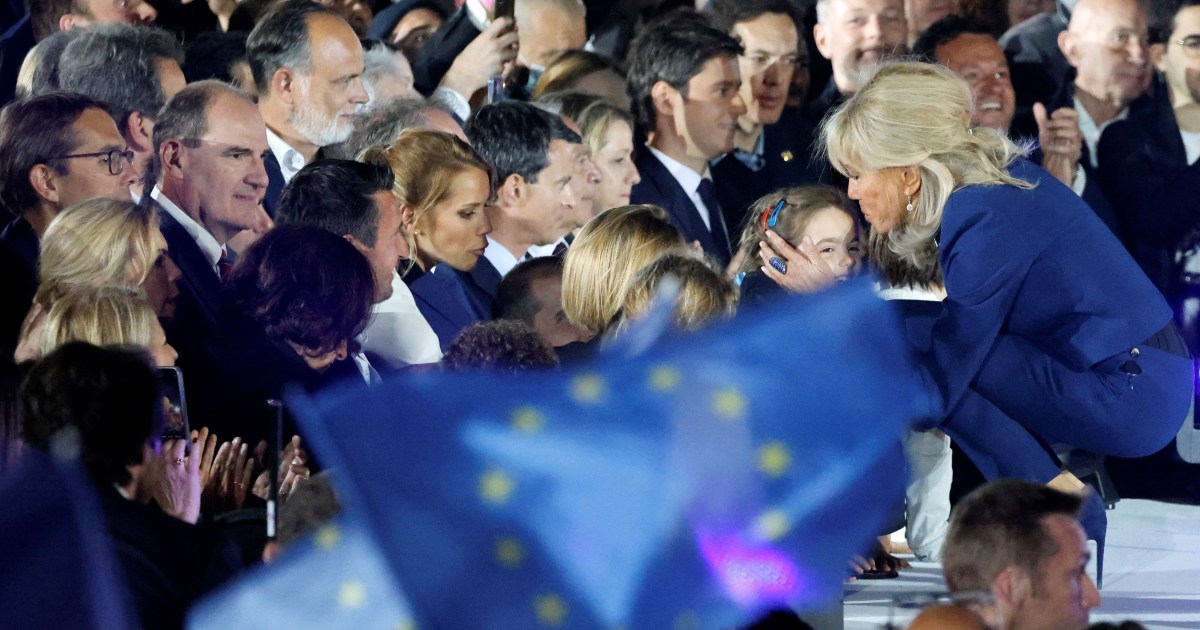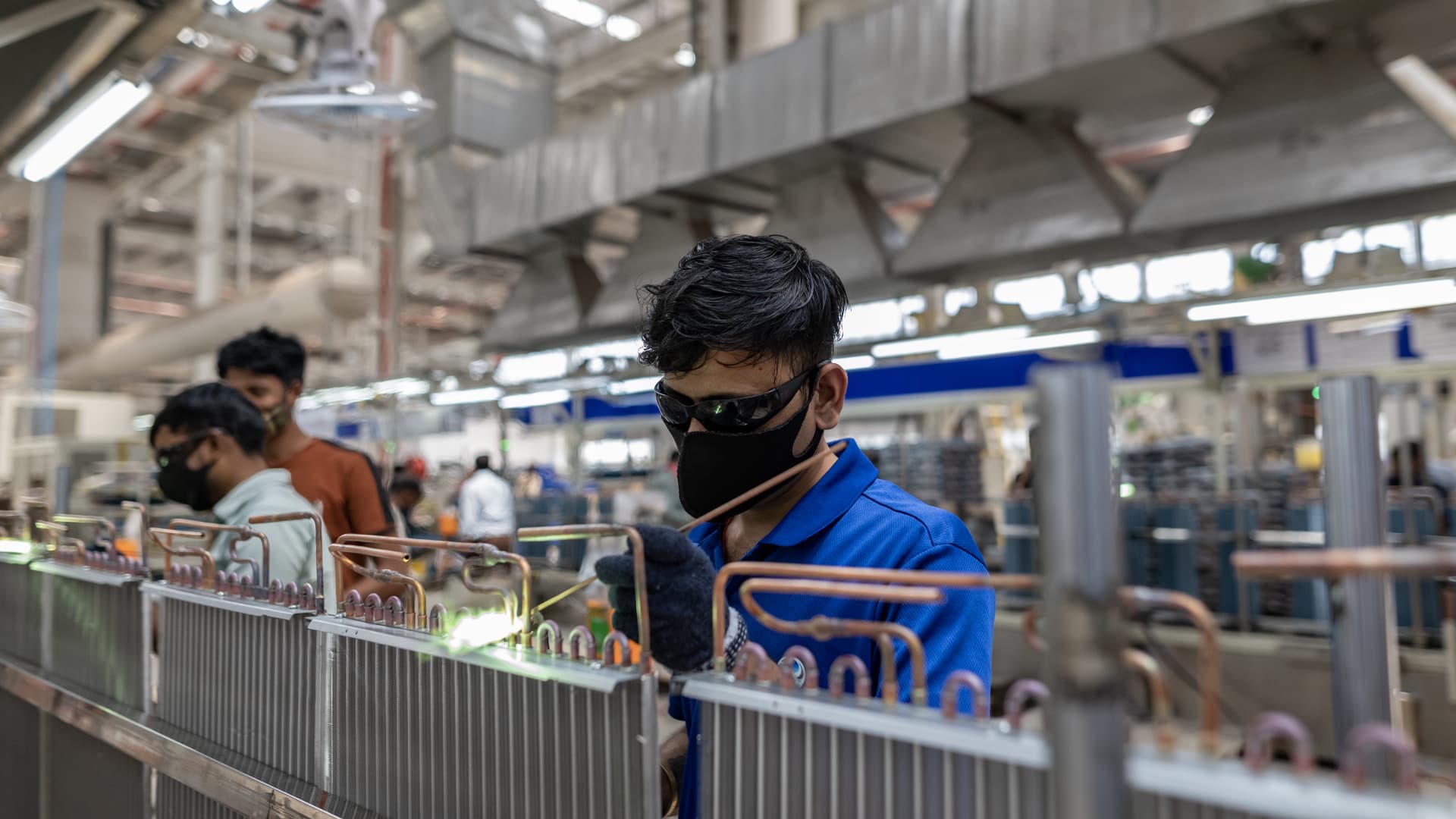Turkey Threatens to Ban Largest Pro-Kurdish Party
Mr. Demir says he shares the concern of many Kurds that Turkey’s constitutional court may ban the country’s largest pro-Kurdish group, known as Dehap. That would make Dehap the sixth pro-Kurdish party to be banned over the past decade.
Mr. Demir says that banning Dehap would show that Turkey’s ruling Justice and Development Party, which swept to power in November, is not committed to democracy.
Anticipating the government ban, Mr. Demir founded a new party, called the Free Society Party, under which Dehap members would regroup.
Prosecutors charge that Dehap has organizational links with separatist rebels of the Kurdistan Workers Party, a group recently renamed the Kurdish Congress for Freedom and Democracy.
Mr. Demir denies the accusations, but says Kurds who support the rebels also voted for Dehap in last year’s election. Dehap did not get the minimum 10 percent of the popular vote to win seats in the parliament.
Turkish Prime Minister Tayyip Erdogan has pushed through parliament a number of democratic reforms in recent months for which he won praise in Western Europe. In addition to legalizing teaching the Kurdish language in private language courses, the reform measures allow broadcasting in the Kurdish language on private and state run television. The changes are aimed at persuading the European Union that Turkey is deserving of EU membership.
But Mr. Demir says the reforms have yet to be fully implemented.
He says Kurds seeking to teach their language still face many bureaucratic obstacles. Kurds, who sing in their own language, he says, may face prosecution because of lyrics deemed to be threatening to the unity of the Turkish state.
Turkish officials acknowledge that many of the new laws are yet to be implemented, but promise the measures will be put into practice next year. They say the government will cooperate with Western governments and local human rights groups in enforcing the reforms.



